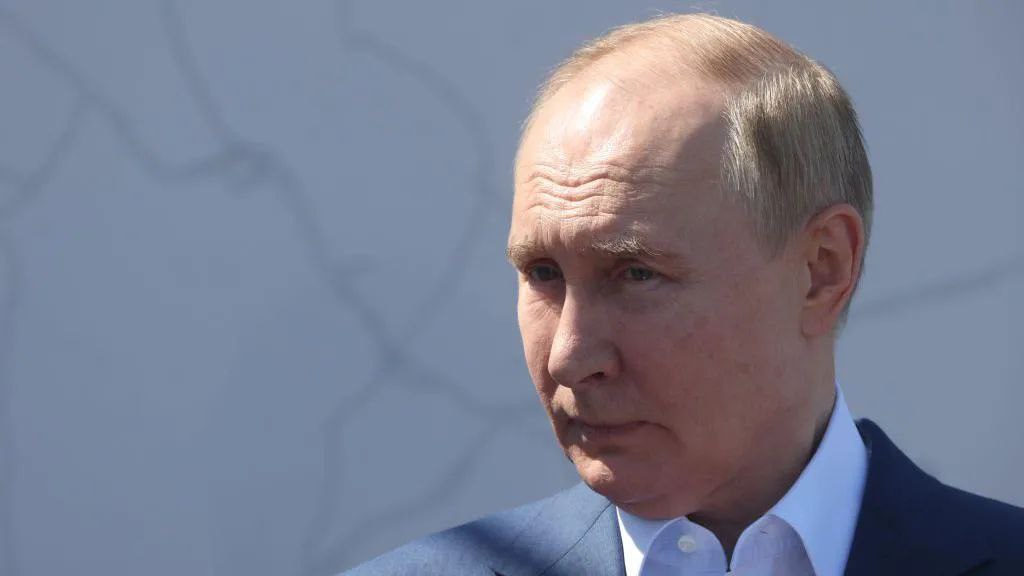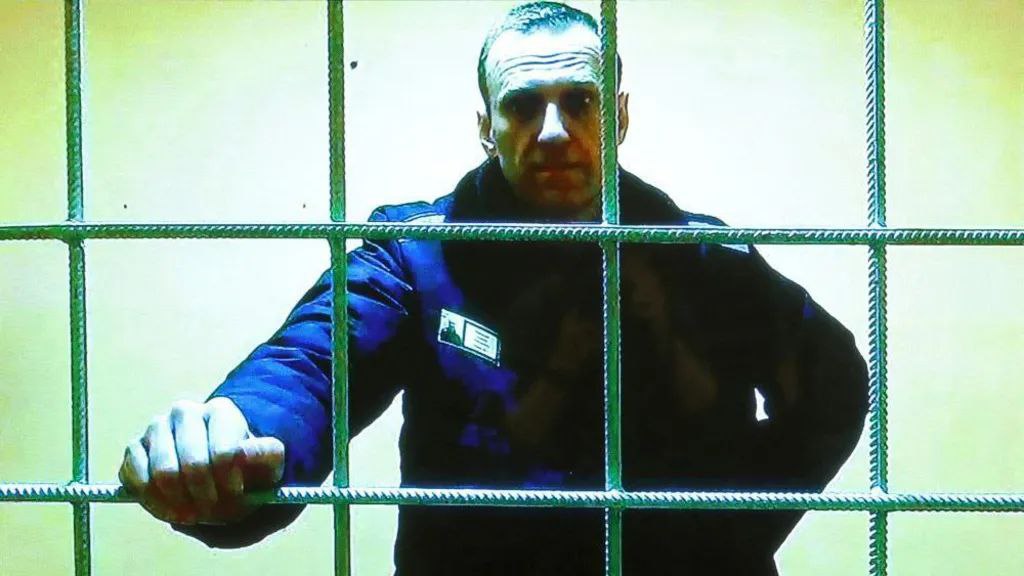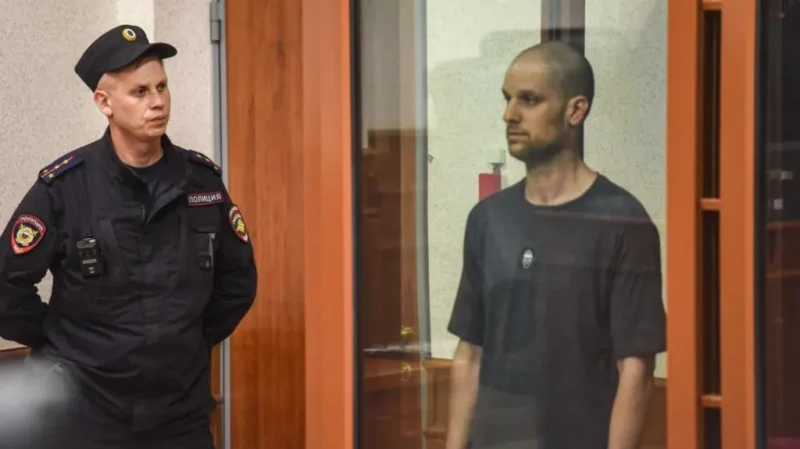In recent months, a phrase has repeatedly emerged from Russian officials when queried about possible East-West prisoner exchanges: “This is a matter best dealt with in silence.”
This cryptic refrain reflects the Kremlin’s preferred modus operandi: negotiations conducted away from public scrutiny, where “hostage diplomacy” unfolds behind closed doors, intelligence service to intelligence service, government to government. The objective remains steadfast: securing what – or rather, whom – Moscow desires.
Despite the prevailing silence, subtle signals suggested movement. In a February interview with former Fox News host Tucker Carlson, Russian President Vladimir Putin alluded to the case of Evan Gershkovich, a Wall Street Journal reporter arrested in Russia and charged with espionage. Putin remarked, “I do not rule out that Mr. Gershkovich may return to his homeland. We want the US special services to think about how they can contribute to achieving the goals our special services are pursuing.” This public statement was an unmistakable hint: Moscow was open to a deal.

Putin did not specify names, but the implication was clear: Russia sought the return of Vadim Krasikov, a suspected Russian agent serving a life sentence for murder in Germany. Shortly thereafter, Russian opposition leader Alexei Navalny died in a remote Arctic penal colony. Rumors abounded that negotiations had been in progress for a potential exchange involving Navalny, Gershkovich, and former US Marine Paul Whelan, all imprisoned in Russia, in exchange for Krasikov in Germany.
Fast forward to June, and Gershkovich’s closed-door spy trial began in Yekaterinburg. Dismissed as a “sham” by the Wall Street Journal and the US government, the case was abruptly adjourned until mid-August. Yet, last month, the court unexpectedly advanced the second hearing by over three weeks. Following a swift three-day trial, Gershkovich was convicted and sentenced to 16 years in a penal colony. On the same day, US-Russian journalist Alsu Kurmasheva received a six-and-a-half-year prison sentence from a court in Kazan after a mere two-day trial.
The rapidity of these proceedings was telling. It suggested urgency, the clearest indication yet that a deal had been brokered and a swap was imminent. Historically, Russian authorities have treated convictions as prerequisites for any prisoner exchanges.
Earlier this week, further signals emerged. Reports indicated that a number of prominent Russian political prisoners had been relocated from their penal colonies or detention centers, fueling speculation about their potential inclusion in a larger-than-anticipated prisoner swap. Adding to the conjecture, news broke from Belarus that President Alexander Lukashenko had agreed to pardon Rico Krieger, a German citizen sentenced to death on terrorism and other charges. This raised the question: could Krieger be part of the exchange?

This unfolding scenario marks the most significant East-West prisoner exchange since the Cold War. Western governments are likely to celebrate the release of their nationals and prominent Russian dissidents, while Moscow will herald the return of its agents. Both sides will portray the outcome as a triumph.
However, the broader implications are concerning. If Russia concludes that “hostage diplomacy” is effective, this strategy may be repeated. The precedent set here suggests that both foreigners and Russians could increasingly become pawns in geopolitical bargaining, further complicating international relations and endangering individuals’ lives.
As the situation continues to develop, it underscores the delicate balance of diplomacy and the human cost at its core. The use of individuals as leverage in geopolitical maneuvers remains a troubling aspect of modern international relations, reflecting a landscape where state interests often overshadow human rights and justice.










Join our Channel...